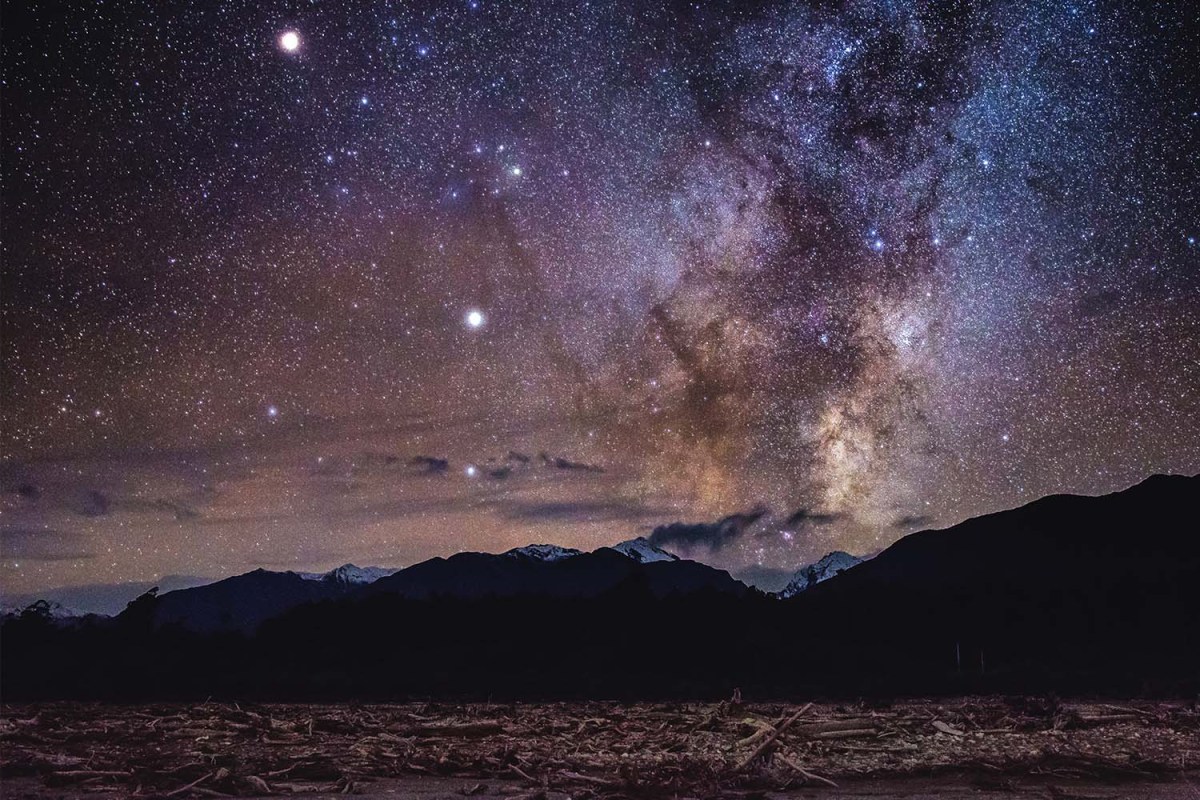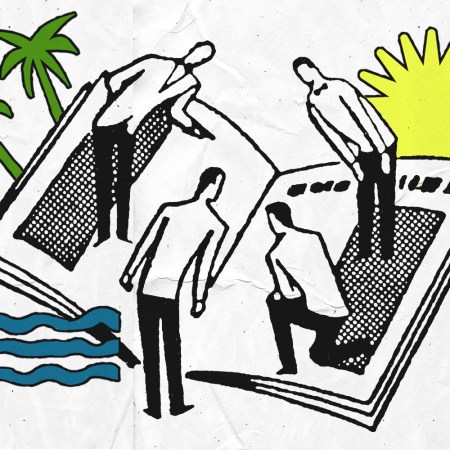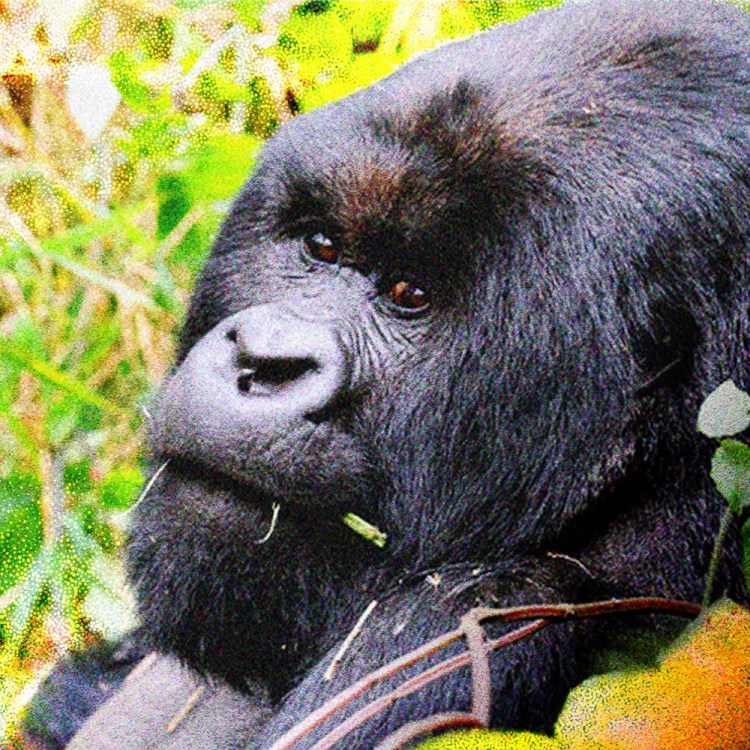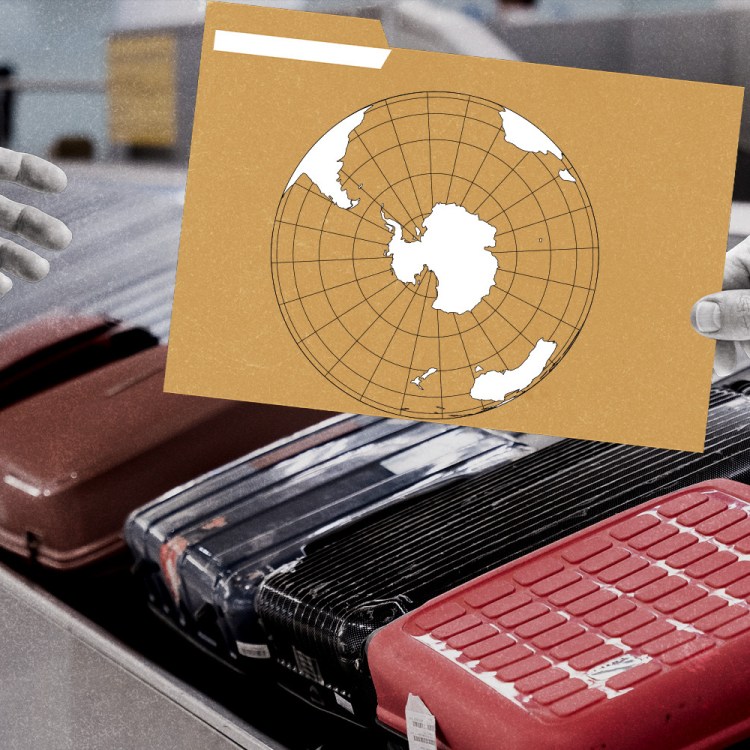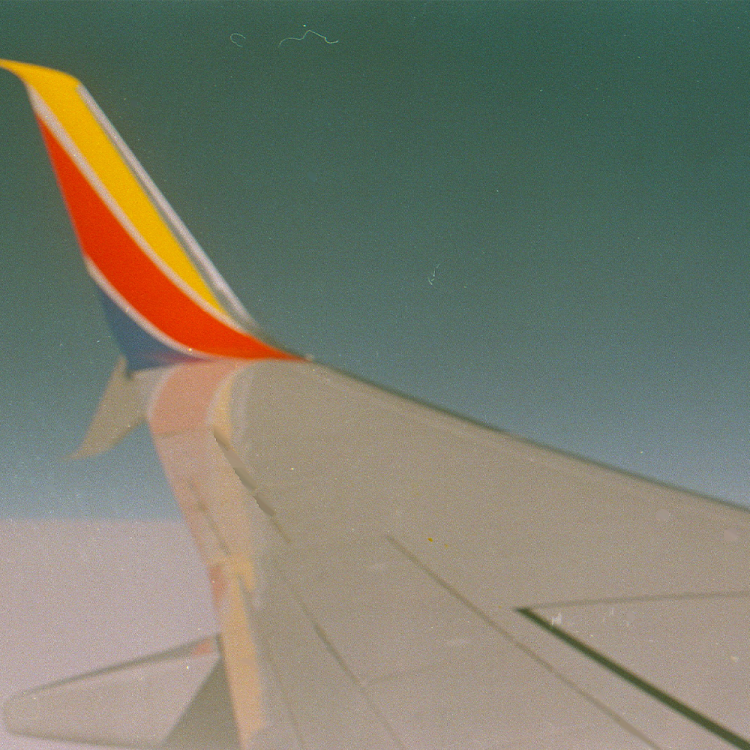A Dark-Sky Place, according to the International Dark Sky Association (IDA), is defined as, “a land possessing an exceptional or distinguished quality of starry nights and a nocturnal environment that is specifically protected for its scientific, natural, educational, cultural heritage and/or public enjoyment.”
To date, there exist only 115 Dark-Sky Parks in the world 20 Dark-Sky Reserves and 16 Dark-Sky Sanctuaries in the world. It is a distinction not easily attained, and one that somehow feels even more significant today, given that light pollution affects 80% of the earth. It’s why, to date, there exists only one Dark-Sky Nation in the world, in Niue.
But now New Zealand is hoping to be the second — “an unprecedented goal for a country of New Zealand’s size,” per a report from National Geographic — thanks to the Indigenous Māori people, whose ancestors relied on the sky for survival purposes and are now spearheading the initiative.
“Looking at the sky and connecting to it sits at the heart of humanity. It’s one of the earliest activities every single culture on the planet did, and the night sky is intrinsically connected to who we are as humans,” said Rangi Mātāmua, an astronomer and professor of Māori knowledge at Massey University.
The importance of dark sky preservation goes far beyond the beliefs and practices of the Māori people, though. In fact, even today dark skies impact virtually every part of life — from bird migration and nocturnal wildlife, to plant life and human biology.
As it stands now, roughly 74% of the night skies in New Zealand’s North Island and 93% in the South Island are considered “pristine or degraded only near the horizon.” That said, earning the designation of a Dark-Sky Country, for a nation of five million, is no small feat.
According to Nalayini Davies — a New Zealand astronomer and board member at the IDSA — it is achievable, though it’ll take a minimum of three years to get there and will require raising awareness among residents, changing and implementing local light ordinances and expanding the area of protected places, among other things.
For further context, the U.S. is currently home to 86 Dark-Sky Parks, which accounts for 75% of all Dark-Sky Parks in the world, yet there is 0% chance of it ever being a Dark-Sky Nation. Of course, being that the reduction of light pollution is essential to the health of the entire planet, we should all still be rooting for other countries in their quest for Dark-Skydom. Entire countries most of all.
Thanks for reading InsideHook. Sign up for our daily newsletter and be in the know.
